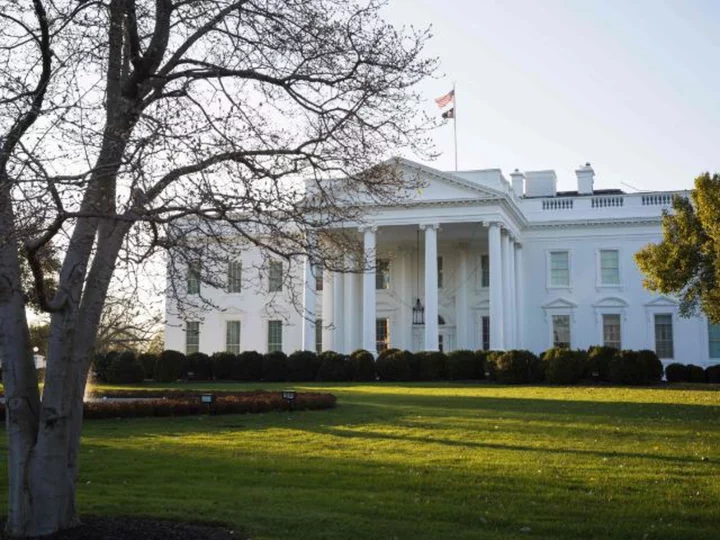Whether one's paycheck can keep pace with inflation is always a concern. But for women, the question is also can their pay keep pace with their male peers?
On Wednesday, the White House Office of Personnel Management proposed regulations to prohibit managers at federal agencies from considering a new hire's salary history when setting their pay for a position.
While many factors create a gender pay gap, one that can perpetuate it is the use of salary history to establish a new hire's pay, rather than making an offer strictly based on the competencies the person brings to the role.
Women — particularly minority women — who may have been regularly underpaid in the private sector relative to men can never escape that disadvantage if their salary history follows them to every new job.
The gender pay gap in the federal government is far lower than that of the private sector, according to OPM. That's largely thanks to published rates of pay for every role's grade-level. But managers at federal agencies have discretion to pay more than the published rates in select circumstances, primarily when there is a dire need to fill a role or to find someone with highly specialized skills.
"These proposed regulations are a historic step forward that will help make the federal government a national leader in pay equity," said OPM Director Kiran Ahuja. "Relying on a candidate's previous salary history can disproportionally hurt women and minorities. With these proposed regulations, the federal government is leading the way and demonstrating to the nation that we mean business when it comes to equality, fairness, and attracting the best talent."
To date, only 21 states either prohibit or otherwise limit the extent to which employers may take job applicants' salary history into consideration.









